The liberal narrative of Palestinian resistance against Zionist occupation
By Xavier Villar
As the Israeli aggression against the besieged Gaza Strip intensifies, spawning the worst humanitarian crisis, a liberal narrative of the Palestinian resistance is again being widely used that basically condemns any form of Palestinian response.
An example of this narrative is a statement issued a few days ago by former US presidential candidate Bernie Sanders, who is seen as a progressive voice within the political spectrum of that country.
In the statement, Sanders asserted that the situation of injustice in Palestine had been decried by "numerous institutions and individuals," but all of this was disrupted "by Hamas's terrorist assault," which "put an end to any possibility of a just resolution for the Palestinian people."
The first myth underpinning the liberal narrative on Palestine is the denial of the foundational moment of violence, which is none other than the establishment of the Zionist colonial regime in 1948.
Clearly, this wasn't a singular isolated instance of violence, but rather an episode that repeats itself consistently on a daily basis, in various forms and manifestations.
Without taking into account that foundational moment and its daily iteration, it is impossible to comprehend the violence inflicted on Palestinians by the occupying and illegitimate regime.
The liberal myth hinges on the omission of that foundational moment and tends to focus, as in this case, on Hamas's operation, which is perceived as "unwarranted and entirely irrational violence."
In other words, once the structural Zionist violence is overlooked, each act of Palestinian resistance is interpreted as the initiating act of violence.
The second myth underpinning the liberal narrative is the absence of a racial analysis of the situation.
From its inception, the Zionist entity has established an ontological division between Israelis and Palestinians, resulting in a dichotomy between those deemed human and those deemed non-human.
The words of the current Israeli minister of war, Yoav Gallant, describing Palestinians as "animals," serve as an example of this racial perspective that shapes the Zionist colonial project.
Therefore, it can be asserted that it is not possible to analyze Palestine and the Palestinian response without taking into account the Zionist racial-colonial structure.
A third liberal myth is what is commonly known as "victim-blaming." From this perspective, it is expected that the victim be "perfect" to garner support from the liberal opinion. The moment the victim decides to take action and ceases to be passive or dormant, criticisms and condemnations are mounted.
The perfect victim is one who lacks the real capacity to exercise agency to alter the political status quo and, in any case, must be deemed "respectable" according to liberal political standards.
Therefore, it can be stated that what liberalism seeks in this "perfect victim" is to perpetually romanticize them within a state of absolute passivity.
This perspective is anti-political because it denies the possibility of changing the victim's status and confines them to a perpetual state of oppression with no opportunity to modify it.
Perversely, the "perfect victim" transforms into the "oppressor" the moment it gains agency, as has been evident in the Palestinian case.
The above should be understood as a response stemming from white anxiety and its resistance to accepting the decentralization of the West and whiteness as universal discursive focal points.
In other words, support can be offered to victims as long as they don't question Western discursive foundations. However, this principle does not apply to the situation in Palestine.
It's crucial to emphasize that focusing on highlighting the alleged "imperfections" of Palestinian victims is tantamount to complicity in Zionist colonial domination.
The fourth myth on which the liberal narrative rests is the myth of the illegitimacy of armed resistance against the Zionist colonial regime.
From this perspective, it is often overlooked that Hamas was founded in 1987, two decades after the occupation of Gaza and the West Bank, and 40 years after the Zionist colonization of 1948.
Further, the fact that the collaborative strategy of the Palestinian Authority, especially under its current president Mahmoud Abbas, has failed to bring an end to illegal Zionist expansion, is also omitted.
Lastly, it's interesting to note a type of myth that has lost its strength and was, in a way, also part of the liberal discourse. The fact that the regime depends on the most technologically advanced aircraft carrier from the United States to defend itself against attacks from the resistance movement has eroded any remnants of deterrence by the Zionist state.
The message conveyed by this American deployment is that the Zionist entity cannot confront Hamas and other members of the Axis of Resistance, particularly Lebanon's Hezbollah resistance movement, without the assistance of the US and other Western allies.
Based on this, it can be affirmed that what has transpired in Gaza and occupied Palestine is, from a political perspective, an anti-colonial revolt expressed in Islamic and revolutionary terms.
It is precisely for this reason that the liberal approach cannot analyze the situation beyond condemning the "irrational" violence carried out by Hamas, and as observed, it also fails to identify the long-standing causes that explain the response of the Palestinian resistance.
Xavier Villar is a Ph.D. in Islamic Studies and researcher who divides his time between Spain and Iran.
(The views expressed in this article do not necessarily reflect those of Press TV)
Brazilian journo fined, ordered to delete posts over criticizing Gaza onslaught
IRGC: Israeli regime incapable of calculating Iran’s decisive response
Russia rejects 'baseless' US claims of producing fake vote videos
Ambassador: Japan studying recognition of State of Palestine
VIDEO | Press TV's News Headlines
Israeli reservist killed in Lebanon ‘happily’ slaughtered Gaza children
VIDEO | BRICS and the beginning of the end of Western hegemony
Gaza's Kamal Adwan Hospital latest to be bombed. Who was Kamal Adwan?


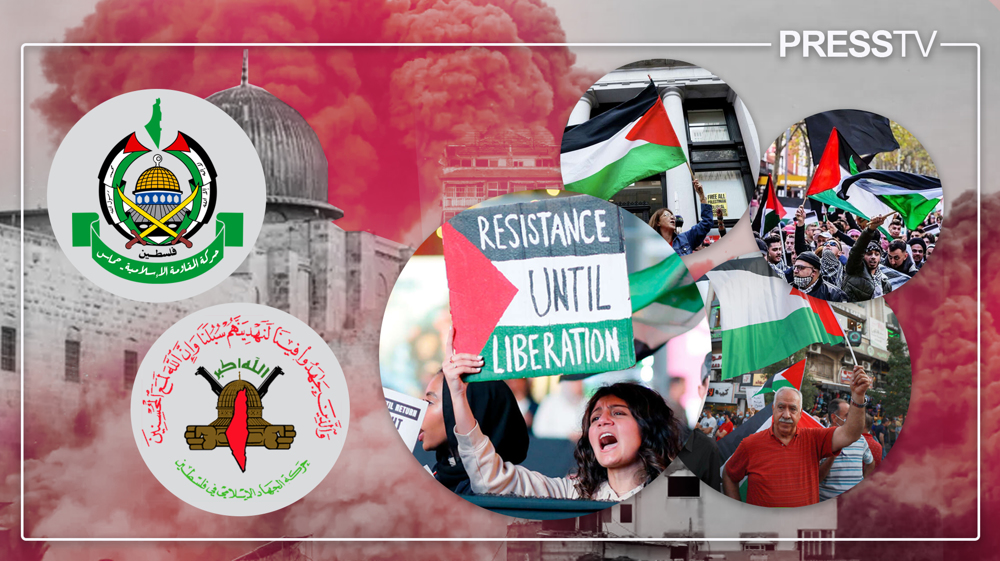
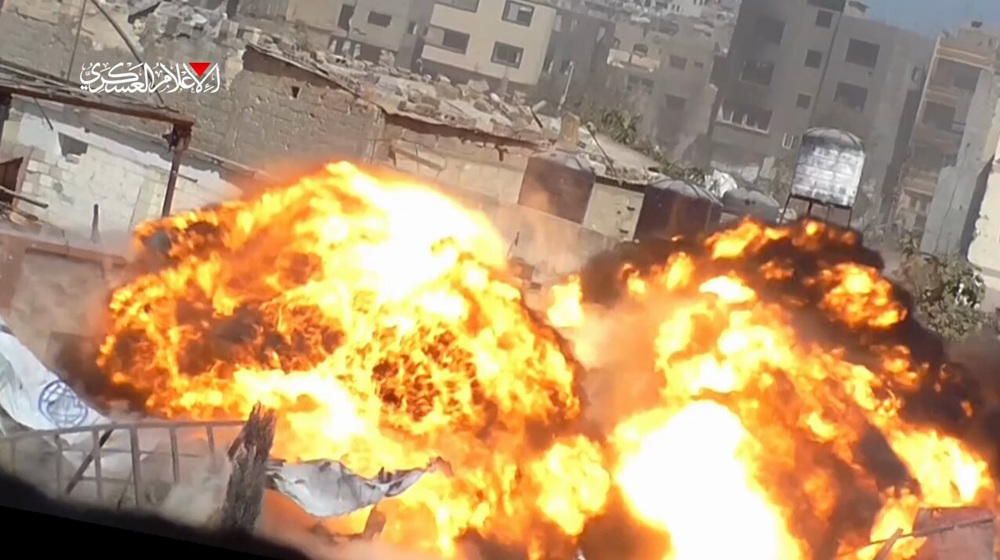
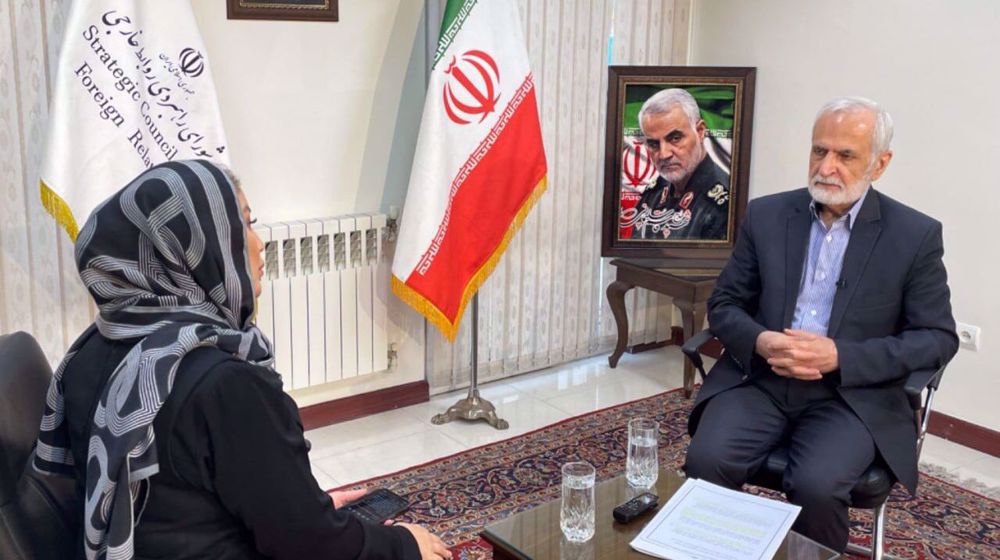




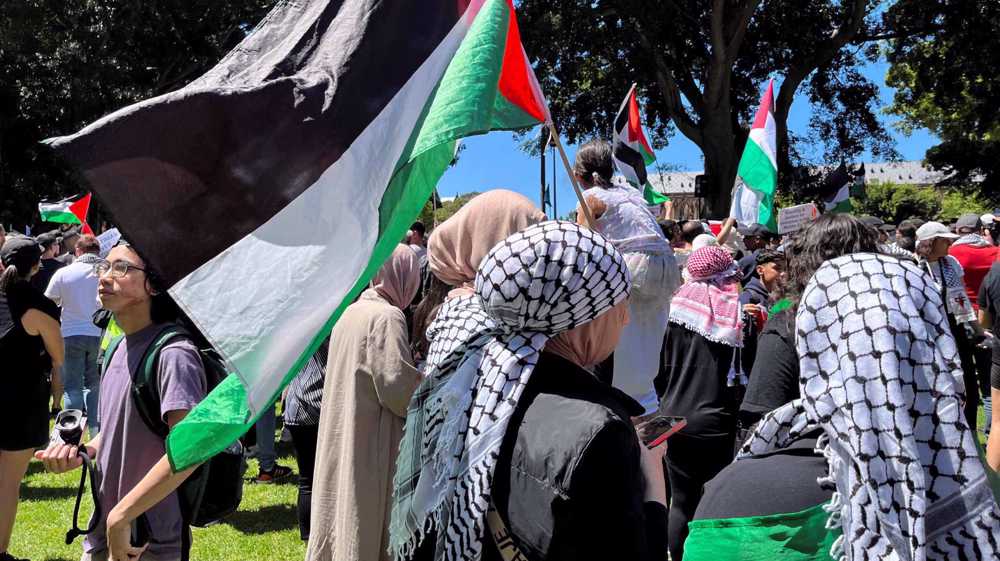
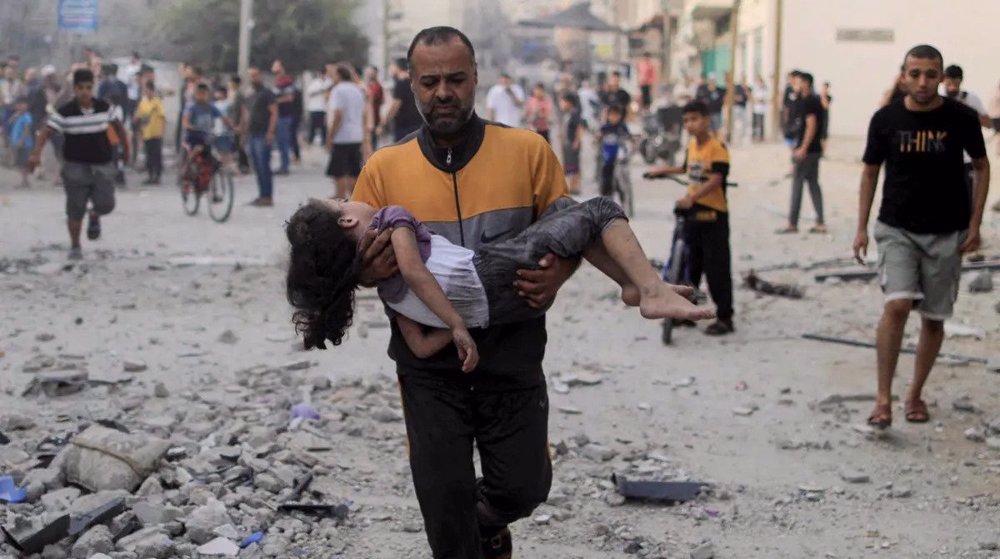
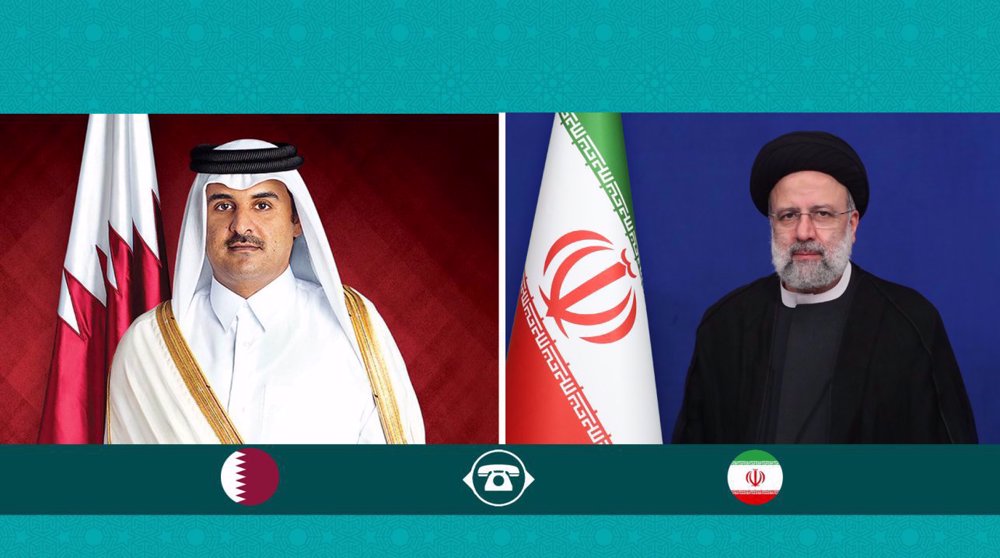
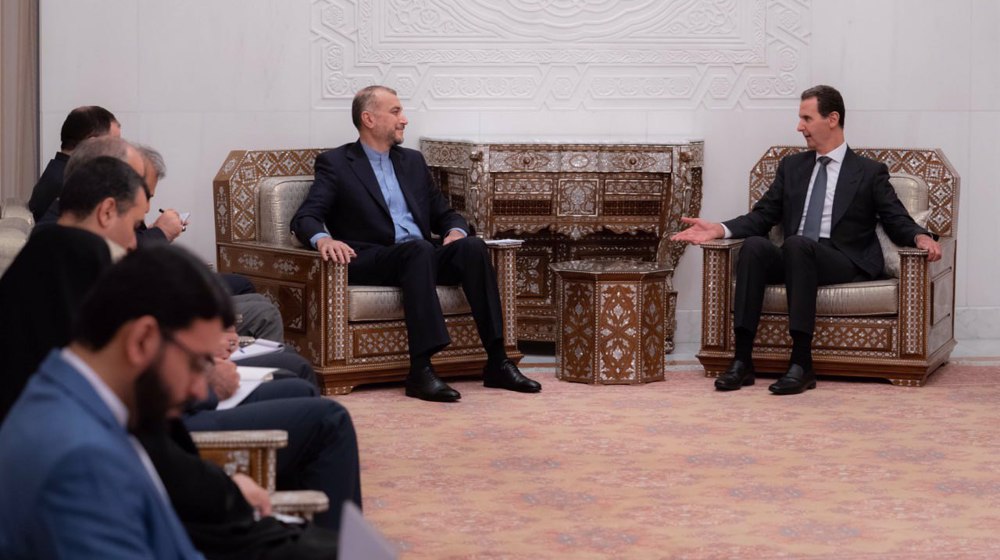
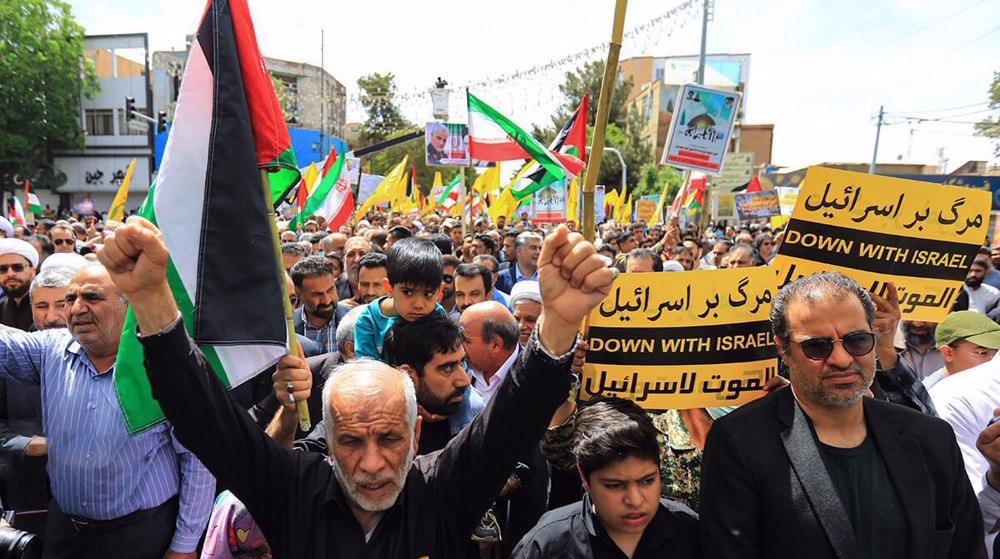

 This makes it easy to access the Press TV website
This makes it easy to access the Press TV website